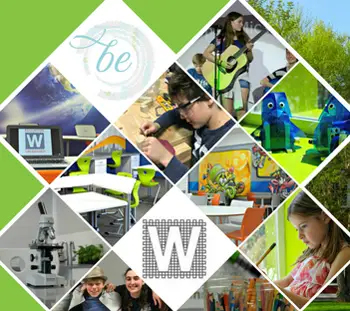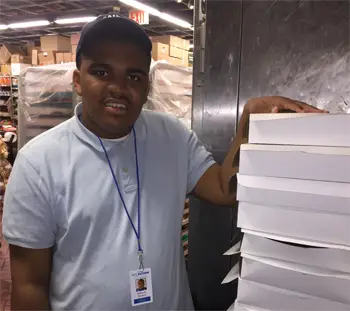Twenty-five years ago, CRPE was founded on the idea of the school as the locus of change. We asked, “How can public oversight and funding be made compatible with school effectiveness?” Working outward to identify systemic barriers and solutions brought us to the portfolio strategy, pupil-based funding, recommendations for more effective charter authorizing, new roles for state education agencies, and other policy recommendations. Now we are reexamining our old assumptions in light of new technical possibilities, changes in the economy, and a recognition that even the most effective schools may need to develop new approaches to better serve students whose specific needs warrant more individualized learning pathways or support.
We used to think of “school” as a self-contained institution delivering a coherent instructional program driven by a shared vision of what graduates should know and be able to do. Now, we’re beginning to think of “school” more broadly: still as a stable guarantor of a child’s development and learning and an integrator of core civic competencies, but also increasingly as a curator and broker of instructional experiences targeted to an individual child’s needs and interests, all driven by a shared vision of the graduate, in partnership with each student and family.
We also thought of “effectiveness” as attainment of state standards and preparation for college admission. We now believe effectiveness must be considered more broadly, as preparing children with the knowledge, skills, and analytical capacities necessary for them to navigate the new realities of an information economy and be able to prepare for rapid changes in workforce demand.
While it is still true that the school is the critical unit of change, the goal of creating truly individualized pathways for every student has profound implications for the way we think about service delivery and policy. How funding flows, how accountability systems are designed, and how courses and apprenticeships and technology are accessed all have to be reconsidered if we are serious about educating all students to their full potential. In the coming age of agility, localities will need to offer portfolios of different and constantly adapting schools, and to develop ways to serve the most complex learners, not the average learner. This requires approaches to public oversight and parent information that can work in more customized and unbundled learning environments.
Let me be clear. We are not jumping onto the “personalized learning” bandwagon or diminishing the value of academic skill, college attainment, and rigorous career preparation. In fact, we have a new study coming soon documenting the problems we are seeing in schools that are trying to shift toward personalized learning. They too often lacked rigor and clarity about learning outcomes and too often failed to better serve all students. It was the classroom observations in this study, in fact, that led us to wonder what it would mean to be serious about effective learning pathways for every student.
As CRPE prepares to celebrate its twenty-fifth anniversary, I’ve been trying to push my own thinking by talking to people with compelling ideas and approaches. In this series of posts, I’ll tell you about a couple of interesting places I recently visited and the questions and ideas they raised for me. I don’t pretend that they fit neatly into a new model for the future, but they got my wheels turning and I hope they do the same for you. Let me know what you think. And let me know if there are other schools or learning models I should know about.
Read more:






